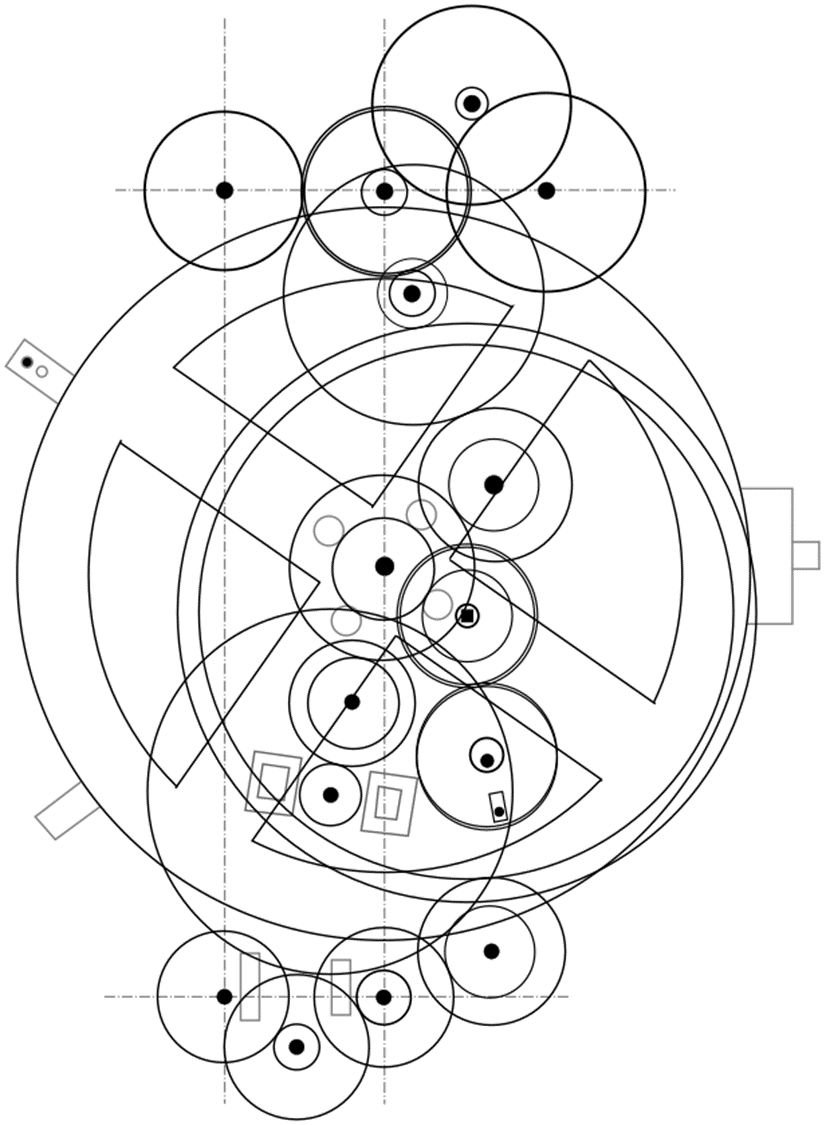Something went wrong while copying the text file ancient_computer_original.txt1 into the text file ancient_computer_mistake.txt2. An extra space was added at the beginning of each line and one of the words in the text was misspelled. Give a Unix command that can be used to lookup the misspelled word by comparing the two text files.
Assignment
Give a Unix command that shows the differences between the two given text files (the correctness of this command is not automatically tested by Dodona). Also give two echo commands that respectively output the correct and the erroneous spelling of the misspelled word.
Dowloading files
Use the following command to download a file into the current directory of your Linux shell
$ wget '<url>'
Put the URL3 of the file that you want to download at the position of <url> and keep the URL enclosed in between quotes to escape any special characters. It usually does not matter whether you use single or double quotes.
The URL of a hyperlink in a web page can be copied through the context menu that appears when right clicking the hyperlink.
Epilogue: an ancient computer
In 1900, sponge divers were retrieving relics from an ancient Greek shipwreck when archaeologist Spyridon Stais noticed a rock with a gear wheel in it. He had discovered the Antikythera mechanism4, a remarkable clockwork computer that modeled the movements of heavenly objects as early as 87 B.C.

Using x-ray analysis, historians of science and technology have studied the mechanism closely and devised several working reconstructions. British orrery maker John Gleave believes the front dial tracked the sun and moon through the zodiac year against the Egyptian calendar. Others believe it modeled the motions of the sun, the moon, Mercury, Venus, Mars, Jupiter, and Saturn — every celestial body known to the ancient Greeks.
That last interpretation is significant: In the first century B.C. Cicero had written of an instrument
… recently constructed by our friend Poseidonius, which at each revolution reproduces the same motions of the sun, the moon and the five planets
It may have been used to calculate celestial positions at the times of certain events or births.
Whatever the details, the device was remarkably sophisticated for its day: among other things, it uses a differential gear, which historians had previously thought was invented in the 16th century. Complex Greek creations like this may have passed through the Arab world and eventually informed European clockmaking. What other ancient technology has been lost?